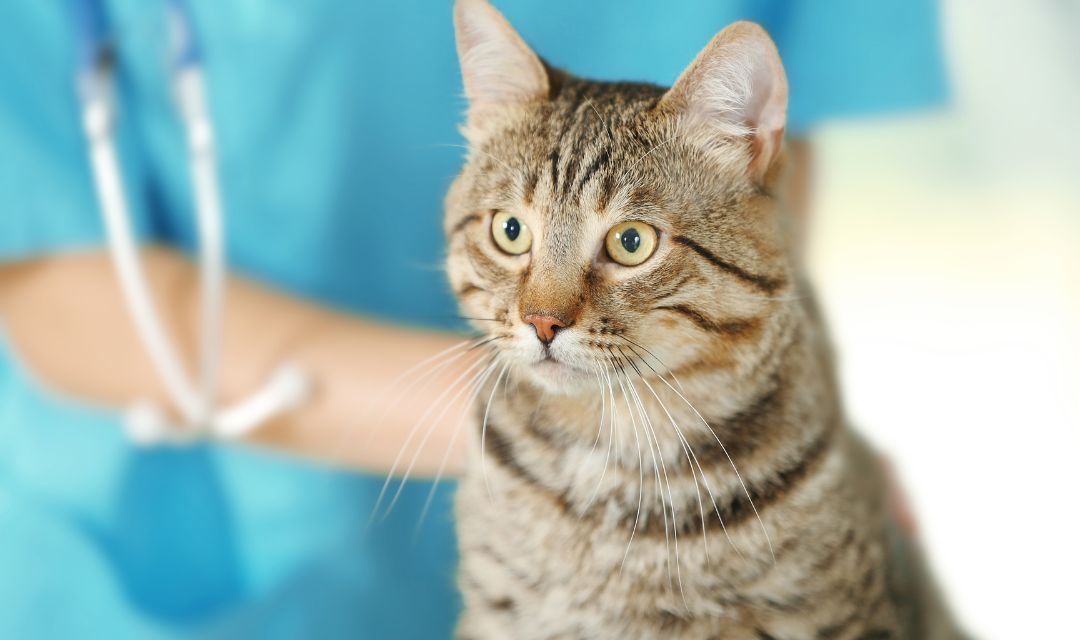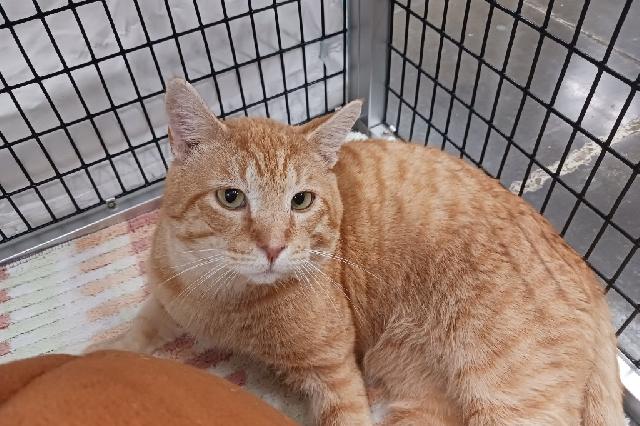Whether your cat is an independent soul or your constant companion, they need good care to thrive. Here’s a look at what that means when it comes to veterinary care.
Do cats need annual wellness checks?
Yes! Cats can often mask how they’re feeling—especially if they’re under the weather. That’s why it’s critical to have your cat examined by a veterinarian every year. Older cats or those with behavioral or medical conditions may need to be seen more frequently.
Even if your cat seems healthy on the outside, an underlying problem may be lurking on the inside. Fecal exams, blood and urine tests, and other tests that screen for infectious diseases, such as feline immunodeficiency virus (FIV) and feline leukemia virus (FeLV), may be required, based on your cat’s age and lifestyle.
What types of questions will the vet ask me about my cat?
Just as your cat needs to be physically healthy, it needs to be emotionally healthy, too. Your veterinarian will ask questions about your cat’s environment—whether there are other pets or children in the house and how your cat interacts with them, what kind of playful activities your cat participates in, and so on— and inquire about any behavioral issues that need attention.
From questions about the type of food you’re feeding and the frequency of meals to assessing your cat’s body condition score, your veterinarian will want as much information as possible to determine if any adjustments need to be made in your cat’s feeding regimen in order to keep it in the healthiest weight range.
Should my cat get vaccinated?
Yes! Even if your cat spends most or all of its time indoors, it may still be at risk for certain preventable viral diseases. Your veterinarian will assess your cat’s risk and develop a vaccine schedule specifically to its needs. Make sure your kitty has its rabies vaccine – all cats are required to have it.
Should I take my cat to the vet for parasites?
Yes! Cats are prime targets for parasites such as fleas and ticks, not to mention the ones we can’t see like heartworms and intestinal parasites. Your veterinarian will discuss the best options to keep your cat free and clear of these dangerous pests.
Do cats need dental care?
Yes! Dental disease doesn’t just affect humans — our furry friends are susceptible, too. Your veterinarian will examine your cat’s mouth and determine if further action, like a full oral health assessment and treatment under anesthesia, is needed to keep your cat’s teeth and gums in good shape.
Sometimes, going to the vet may be a bit scary for both you and your cat. No need to fear! By maintaining your cat’s health with annual checkups, vaccinations, and asking questions of your vet, your kitty is sure to live a happy life and you’ll both find the vet’s office a place of care, not fear.



